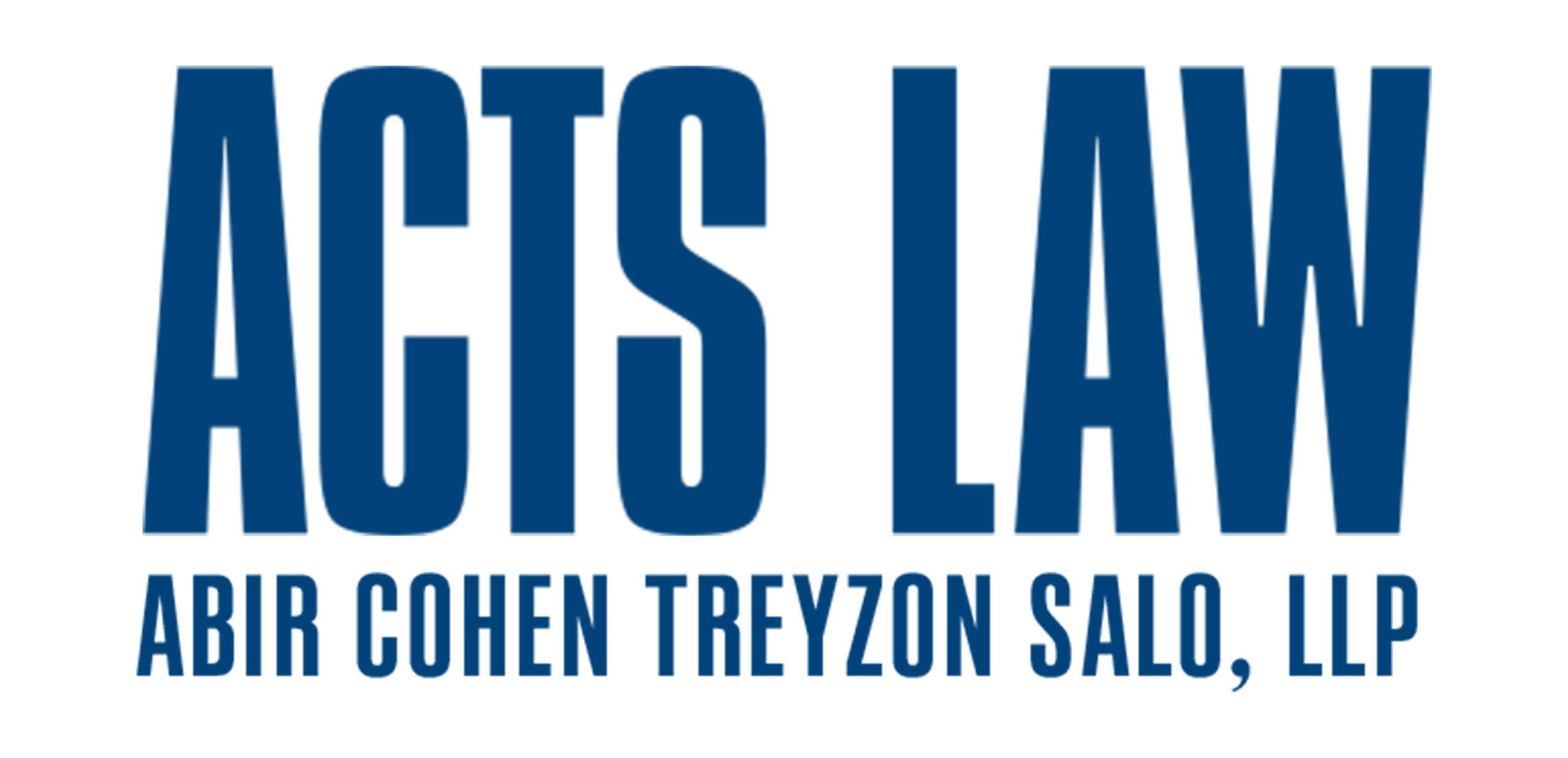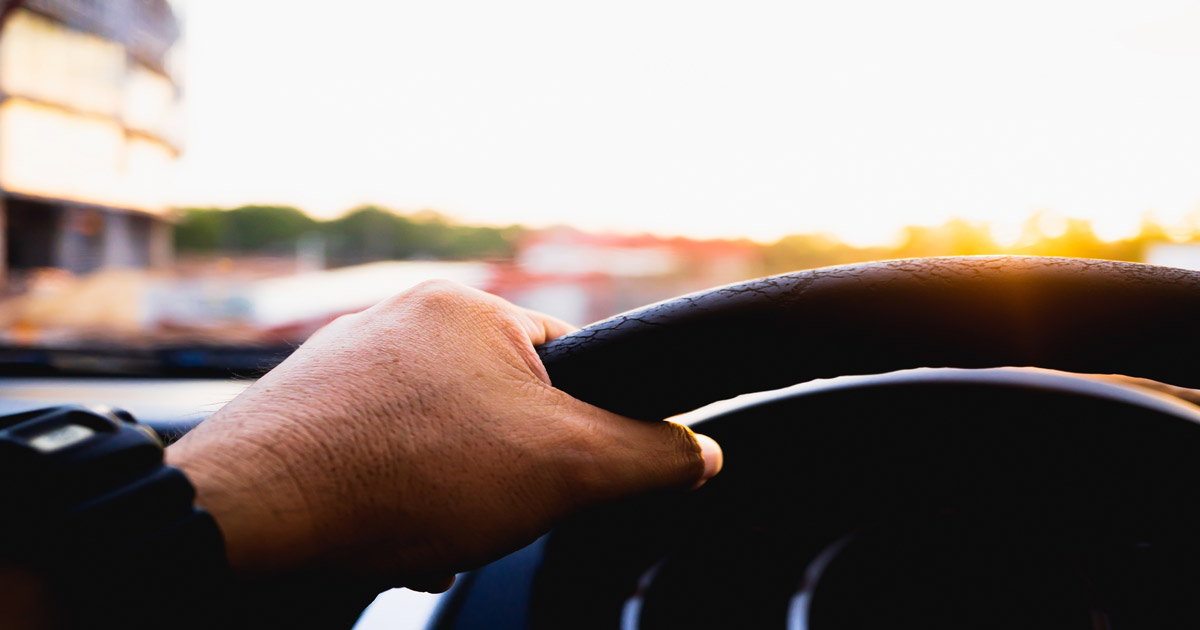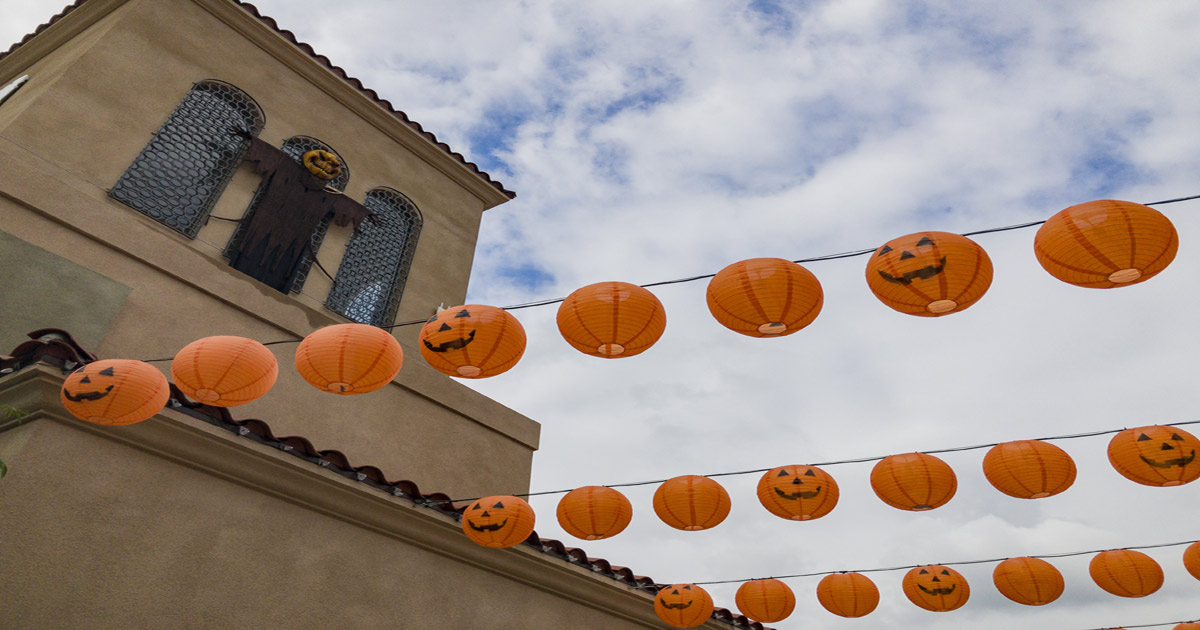This holiday season is upon us, which means people are in full swing buying gifts, preparing holidays feasts, and looking forward to spending quality time with family. The last thing on anyone’s mind is the possibility of a devastating house fire caused by a dried-out Christmas tree, a trip to the emergency room after a turkey fryer mishap, or their home being burglarized while everyone is away. Unfortunately, these accidents happen every year, but there are steps homeowners can take to protect their properties and enjoy a safe and happy holiday.
Victims of an accident in which property damage has occurred are urged to contact an experienced property damage lawyer for assistance.
The Most Common Holiday Hazards
Although holiday gatherings are likely to be smaller this year, that does not mean people cannot still safely celebrate, enjoy a holiday feast, or keep family traditions alive. However, it is also important to keep the following holiday hazards in mind and take the necessary precautions to protect one’s property and belongings:
- Christmas tree fires: The piney smell of a real Christmas tree is nostalgic and is one of the reasons why many people choose a real tree over an artificial one. However, real trees can pose a serious fire hazard, particularly if they become dried out and a frayed wire causes a spark. Christmas tree fires cause over $14 million in property damage each year, and the risk of death is higher compared with other types of house fires because the tree contains flammable compounds that can serve as fuel for a fire.
- Kitchen fires: When there are multiple dishes cooking on the stove and in the oven, and too many cooks in the kitchen, there is an increased risk of cooking-related fires. From food that can cause burns, to loose clothing, potholders, or wooden utensils that catch on fire, busy kitchens and distracted cooks can lead to kitchen fires.
- Fires caused by candles: Christmas Day, New Year’s Eve, and New Year’s Day are the top three days for home fires caused by candles. Candles and anything that has a flame should be kept away from children.
- Overloaded electrical equipment: Over 40 percent of fires that start with Christmas trees are caused by equipment failure or malfunction from overloading outlets with different types of holiday lighting and decorations.
- Theft: There is an increase in break-ins over the holidays because so many people travel, leaving their homes empty. Criminals take advantage of these empty homes by breaking in and stealing valuable belongings.
How Homeowners Can Avoid Common Fire Hazards
According to the National Fire Protection Association (NFPA), kitchen fires account for approximately 40 percent of all home fires, and the majority of these fires occur on Thanksgiving. The NFPA urges homeowners to keep the following safety tips in mind over the holiday season:
- Cooking food or flames should not be left unattended. If it is necessary to leave the kitchen, turn off the stove.
- Loose closing should not be worn while cooking. Wear short sleeves or shirts with fitted sleeves.
- If a kitchen fire breaks out, do not try to extinguish it with water. Baking soda can put out a small fire, but a fire extinguisher is effective at putting out most kitchen fires.
- Do not use too much oil when cooking. If the oil overflows or spatters, it can easily catch fire.
- Towels, rags, plastic packaging, and any other flammable items need to be kept away from the heat and flame from the stove.
- Children should stay out of the kitchen while hot food is being prepared.
- A deep-fat turkey fryer should never be used indoors, including in the garage. The fryer should be placed at least three feet away from grass and shrubs, and be used only on a concrete surface.
- Before holiday gatherings, all smoke alarms should be checked and batteries replaced if necessary.
When it comes to Christmas tree safety, although real trees tend to be more of a fire hazard, artificial trees can also be flammable if they are not properly cared for. Homeowners are urged to follow these tips for Christmas tree safety:
- Real Christmas trees must be watered immediately and frequently, particularly if the air in the home is dry.
- Before placing the tree in the stand, two inches should be cut off the trunk. This allows water to easily penetrate the tree.
- The base of the tree stand should be refilled every day.
- The tree should be placed a minimum of three feet away from any type of heat source.
- When purchasing an artificial tree, make sure it is fire retardant.
- Broken or frayed lights should be replaced.
- Do not use lights on the tree if they are meant to be used outside.
- Christmas tree lights should be unplugged before going to bed and when leaving the house.
- Candles, lighters, and matches should be kept away from live Christmas trees.
- If more than three strands of lights are needed, an extension cord should be used, unless the instructions indicate that it is safe to connect multiple strands.
- Never dispose of a Christmas tree by burning it in the fireplace. The dry wood and needles can become almost explosive. The tree should be brought to a recycling center, or the family can arrange to have it picked up by a disposal service.
Avoiding Other Holiday-Related Claims
Homeowners insurance certainly protects people when their home is damaged, or if there is some other type of loss. However, the last thing a homeowner wants to handle during the hectic holiday season is filing an insurance claim for property that was damaged, destroyed, or stolen. The following tips can help keep people’s homes and their families safe:
- Protect the home from theft: Doors should be kept locked, particularly overnight when everyone is asleep. Keep outdoor lights on and install a home security system. If traveling, put a hold on the mail and make sure that any packages are picked up as soon as possible.
- Prevent identity theft: Shoppers should not carry more than one or two credit cards, shop only from trusted online retailers, and choose the credit option over debit whenever possible. Shoppers should always review their credit card statement as soon as possible to identify any fraudulent charges that may have been made.
- Be careful when hosting holiday parties: If serving alcohol, hosts should make sure that there is also plenty of food served. If a guest has clearly had too much to drink, the host should take his or her keys and arrange for a ride home.
Accidents Covered by Homeowners Insurance
There are a number of things that can go wrong over the holiday season that can cause major property damage. Fortunately, homeowners insurance can minimize the financial damage for many of these holiday hazards. The following items are covered by insurance:
- Fire damage: Standard homeowners insurance policies cover damage caused by fires, including kitchen fires, Christmas tree fires, and fireplace-related fires. Trees, plants, and shrubs are also covered. Homeowners should check their policy every couple of years to make sure that their policy limits are enough to cover the costs of rebuilding the home and replacing all their belongings if the fire caused a total loss. Oftentimes, if the same policy has been in place for years and no changes were made, the policy may not provide enough coverage, particularly if the homeowner had made expensive renovations or accumulated expensive belongings over the years.
- A percentage of stolen items: When items are stolen, most homeowners policies cover them up to 50 to 70 percent of the dwelling’s coverage. For example, if a home is insured for $200,000, the homeowners insurance policy will provide $100,000 to $140,000 worth of coverage. There are limits for certain luxury items, so homeowners should talk to their insurance agent about whether supplemental coverage is necessary for these items.
- Injuries that occur on a homeowner’s property. Homeowners’ insurance provides liability coverage that protects the homeowner if someone suffers a bodily injury on the property. To reduce the risk of a lawsuit, property owners should reduce their liability risk by clearing away any ice, snow, wet leaves, or debris from walkways. Pets should also be kept inside or behind a secure fence to prevent an unexpected attack.
Damage Not Covered by Homeowners’ Insurance
When it comes to property damage, or accidents that occur on a homeowner’s property, there are some things insurance policies often do not cover, including the following:
- Plumbing issues: If the property’s sewer backs up because the homeowner poured grease or other waste down the drain, resulting in a clogged drain, this can lead to sewer problems. According to Allstate, the number of claims related to sewage backups increases by close to 20 percent over the holidays. The costs associated with these accidents are generally not covered by homeowners insurance.
- Damage caused by domestic animals or rodents: This could include property damage caused by a tree that gets knocked over by the family dog.
- Physical assault: If a homeowner intentionally harms another person, the homeowner’s liability insurance will not protect the homeowner if the guest files a lawsuit.
Los Angeles Property Damage Lawyers at ACTS LAW Assist Clients with Property Damage Claims
If your property was damaged over the holidays, do not hesitate to contact the Los Angeles property damage lawyers at ACTS LAW. Whether the damage was caused by a kitchen fire, Christmas tree-related fire, or your home was burglarized while you were traveling over the holidays, we will assist you with every step of the claims process and thoroughly explain the financial benefits that you are entitled to receive. Our dedicated legal team will work tirelessly to protect your rights and address all your questions and concerns. To schedule a free, confidential consultation, call us today at 833-228-7529 or contact us online.
With offices located in San Diego and Los Angeles, we serve clients throughout Southern California, including Orange County and Los Angeles County, encompassing Beverly Hills, Calabasas, Malibu, Santa Monica, Long Beach, Hidden Hills, Pasadena, San Marino, Brentwood, Encino, Newport Beach, and Foresthill.


